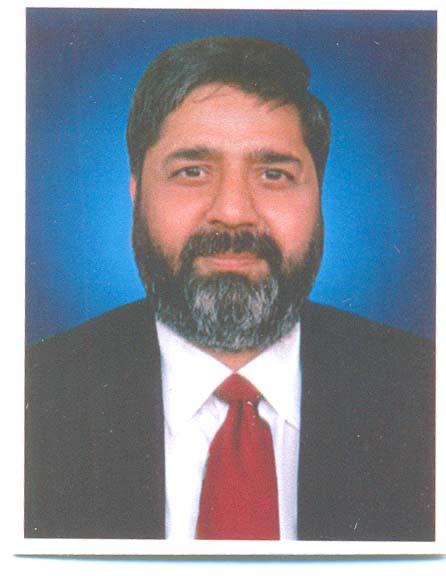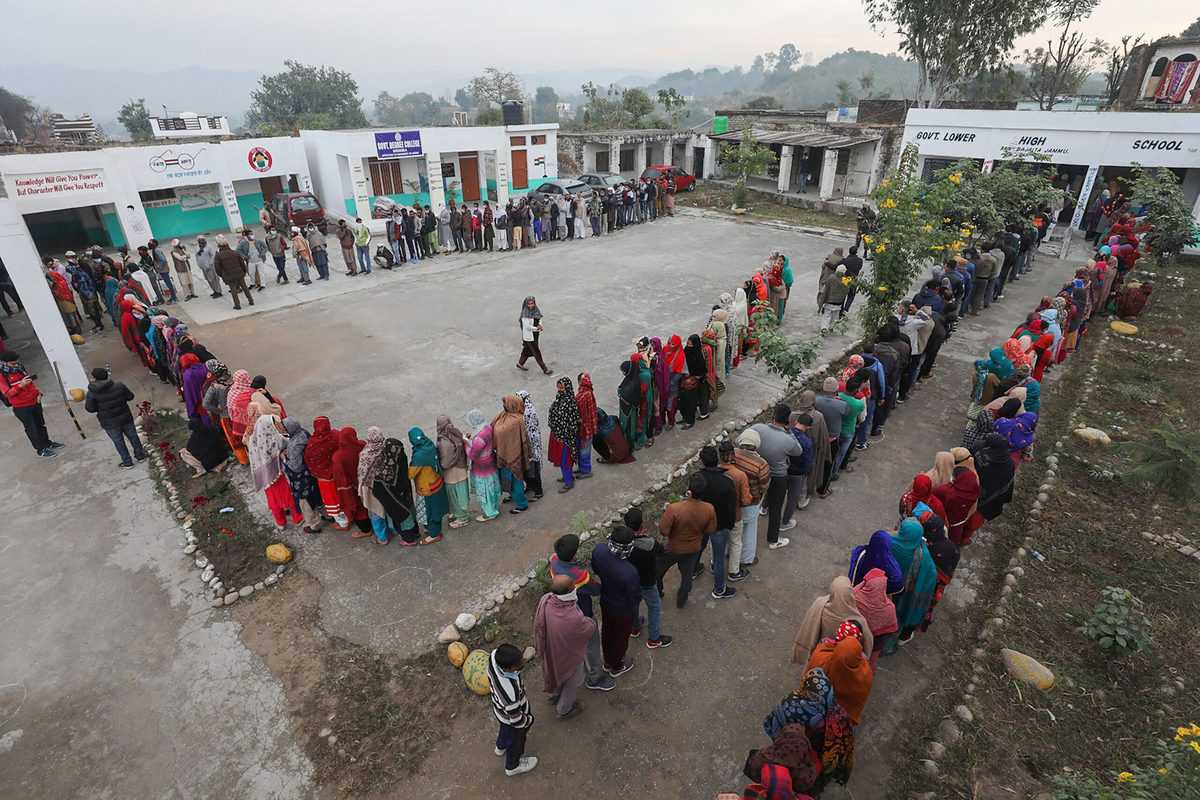
The results of the first ever DDC elections were supposed to stir revolution in the politics of J&K – either It was going to be a decisive verdict reflecting assertion of its unique identity that it lost in August 2019 or a strong endorsement of the Indian nationalism on the landscape hitherto seen as resistant to it , particularly in the Kashmir Valley. Neither has happened . The verdict is split at the best , and it is all due to the fragmented thinking and the partisan silos in which the narratives have been slotted. That is a a clear sign of deep political crises in the making.
This verdict will haunt Jammu and Kashmir for a long time to come. Two factors are responsible for it ; the People’s Alliance for Gupkar Declaration , a conglomerate of the Kashmir-centric parties proved that they were united in rhetoric only. On the ground the alliance parties, particularly its two leading lights and the erstwhile political rivals National Conference and PDP, were as sharply and bitterly divided as ever. PDP was founded by the first ever female Chief Minister of Jammu and Kashmir Mehbooba Mufti and her father and her immediate predecessor Mufti Mohammad Sayeed in July 1999 to challenge the regional hegemony of National Conference , the political group formed in late 1930s. The two parties , despite having suffered immensely after the special status of J&K was scrapped in August 2019, did not reconcile their differences . The split verdict , which has the potential to further sharpen the differences , is bad for the fragile alliance .
There are reasons for the same. PDP chief Mehbooba Mufti has raised the pitch to the level that may prove to be un achievable given the situation that prevails in the country. The polarisation and the communal divisions have deepened . To wait for the restoration of Article 370 has a political cost . Mehbooba has declared : I will not fight elections ( that means either parliamentary or Assembly) until Article 370 is restored.”. In other words, what she is saying that the special status of J&K that was there in the constitution of India that accorded separate constitution, flag and special privileges to the permanent residents of the erstwhile state until August 4, 2019 , she would stay away from the polls. This has its own moral high ground for Mehbooba’s brand of politics , the reality of the country is different in the current times
On the other hand, National Conference of Farooq and Omar Abdullah is quite moderate . It has given enough hints that it would settle for the statehood. Omar had stated it clearly in his interview with the Indian Express that he would not contest polls as long as J&K is a Union Territory – the erstwhile state was divided into two Union Territories of Ladakh and J&K on August 5 , the day when the special status of the state was dissolved. This, when translated politically means that he would contest polls if the statehood is restored.
. There is a message in the split verdict that , though both sides through some post-poll maneuverers may form district development councils in their respective areas of influence by changing the shape of the original verdict , that the slogan politics did not endear the voters.
The polarisation , though engineered very hard by both the sides, where underlying peddling of communalism became the centre of their campaign , has worked but to a limited extent . It will take years to repair the narrative of division . J&K is not a place where words of communalism and nationalism versus anti-nationalism should have been used.
PAGD had claimed that it will win all the 140 seats – 14 seats in each of the 10 districts in the Kashmir Valley , will have to look into the mirror where there are not being reflected at all. The BJP, that, it had claimed would be scoring zero in the Valley , has managed to make inroads , though very small – three seats in Kashmir. This is something that the BJP had been eyeing since 2014.
With this narrative having been broken , the voters have not offered any decisive hope to any of the parties in the contest. Now independents hold the key, and they are open to many vulnerabilities, the position of chairmen and other allurements .

